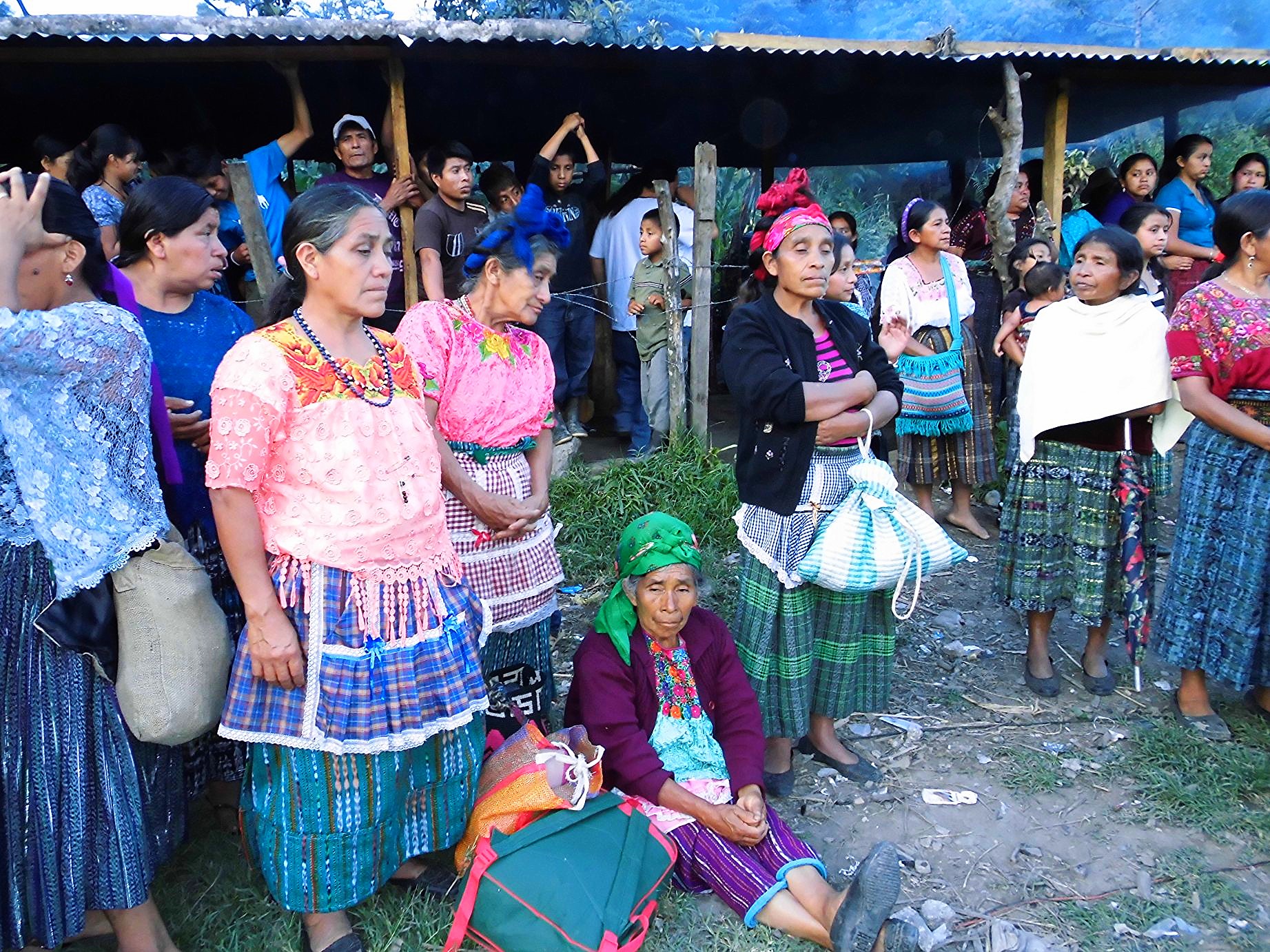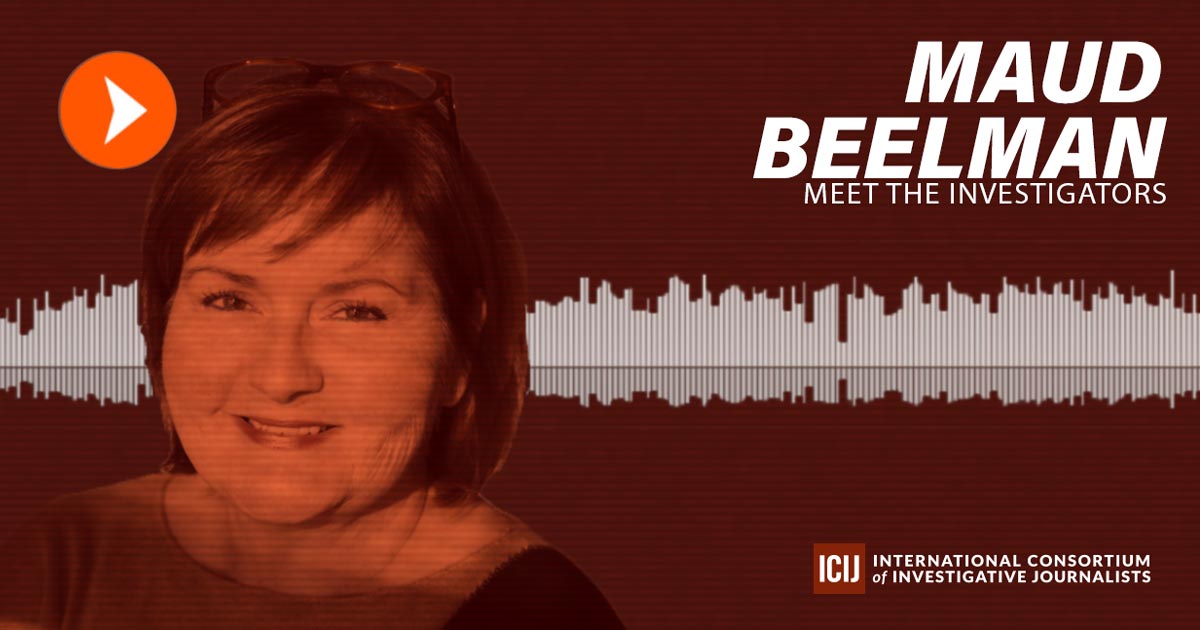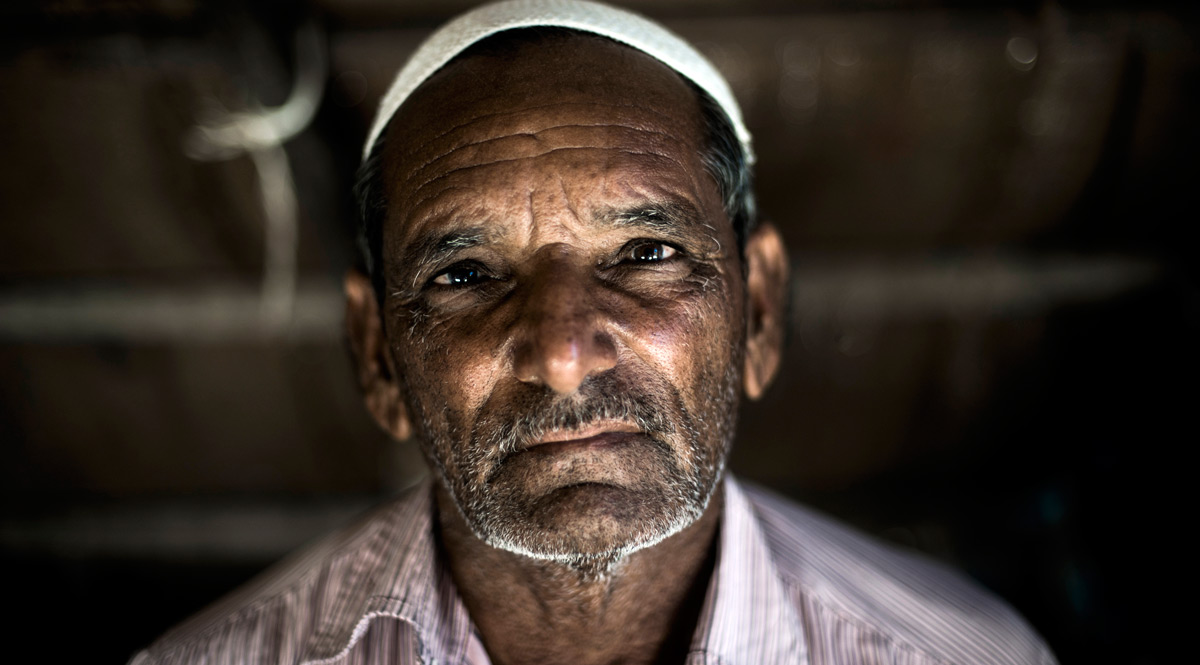ACCOUNTABILITY
World Bank slammed for response on disastrous dam project
The organization has denied responsibility for violence by police and security guards against communities who protested a doomed Guatemalan dam.

The World Bank Group has rejected the findings of its own internal watchdog and denied responsibility for violence by police and security guards against local communities that protested a doomed Guatemalan dam project.
An investment from the bank’s private-sector lending arm, the International Finance Corporation, supported Hidro Santa Cruz, a project by a Spanish company to build a hydroelectric dam near a mostly indigenous community in northwestern Guatemala.
Community members allege that Guatemalan police and company security guards targeted local residents who launched protests opposing the dam’s construction with intimidation and repression. Nine residents of the heavily Mayan Q’anjob’al community of Santa Cruz Barillas were illegally detained and a local activist, Andrés Pedro Miguel, was fatally shot by security guards who had worked for Hidro Santa Cruz. The dam was ultimately abandoned in the face of community opposition.
Last week, after a delay of more than a year, the IFC released an internal investigation into the case by its Compliance Advisor/Ombudsman. The probe found that the IFC had violated its own rules for social and environmental oversight, including guidelines for managing security forces, and that the fallout from the project had caused ongoing harm to the community.
The IFC’s management said in a formal response that it was “deeply troubled” by the events in Santa Cruz Barillas and “deplores the death of the community member.” But it maintained that negative impacts on the community “have not been attributed to Hidro Santa Cruz,” and declined to take action to assist the community.
Kate Geary, co-director of the watchdog group Recourse, slammed the IFC’s argument that the dam was not the cause of the community’s suffering.
“The claim is absurd and illogical,” Geary said. “It’s completely a return to the bad old days of an unaccountable and unresponsive IFC.”
The IFC said it has adopted various reforms since it became involved in the Hidro Santa Cruz project, including adding more staff to assess environmental and social risk, increasing transparency and devoting more resources to supervising high-risk projects.
“We have learned from this case and will continue to improve,” an IFC spokeswoman said in a statement to the International Consortium of Investigative Journalists. “This experience has reaffirmed our strong commitment to economic development and empowerment in the communities in which we work.”
In 2015, ICIJ’s Evicted and Abandoned investigation found that an estimated 3.4 million people were physically or economically displaced by World Bank-financed development projects over the previous decade. ICIJ discovered that the bank often failed to follow its own rules for resettling these communities and ensuring that they were protected from violent evictions and other human rights abuses.
Last year, the IFC’s Chief Executive Officer Phillippe Le Houerou called for the IFC to become more responsive to findings from its ombudsman and more active in addressing concerns raised by communities.
“When we make a mistake, we will own it, and we will do our best to rectify the problem,” Le Houerou wrote in an April 2019 opinion column for the development website Devex.
Geary said the IFC’s decision on the Hidro Santa Cruz case massively undermined its accountability promises, and she called for the IFC’s board of directors to step in and order it to assist the Santa Cruz Barillas community.
“This is one of the first test cases of that new accountability and it (IFC) has failed,” Geary said.


